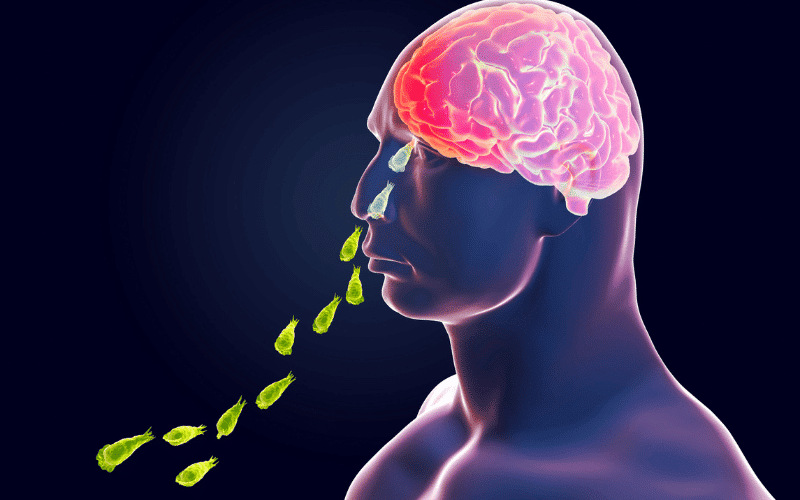Type 4: Parasitic Meningitis – The Uncommon Invader

Parasitic meningitis, while extremely rare, is usually caused by several types of parasites. The most notorious is Naegleria fowleri, often referred to as the “brain-eating amoeba.” This parasite is found in warm freshwater environments and can cause a severe, usually fatal, brain infection.
Initial symptoms of parasitic meningitis might mimic those of bacterial or viral variants, such as headache, fever, and stiff neck. However, as the disease progresses, symptoms can rapidly evolve into hallucinations, seizures, and loss of balance. The disease progression is swift, often leading to death within a week of symptoms onset.
Treatment for parasitic meningitis is extremely urgent and often involves a combination of multiple medications to eliminate the parasite and manage symptoms. Early detection and immediate treatment significantly increase chances of survival, though they remain relatively low due to the disease’s severity.
Since N. fowleri is found in warm freshwater, preventive strategies include avoiding swimming or diving in hot springs and warm freshwater bodies during periods of high water temperature and low water levels. Nose clips can also help prevent water from getting into the nose, the primary entryway for the parasite. (4)